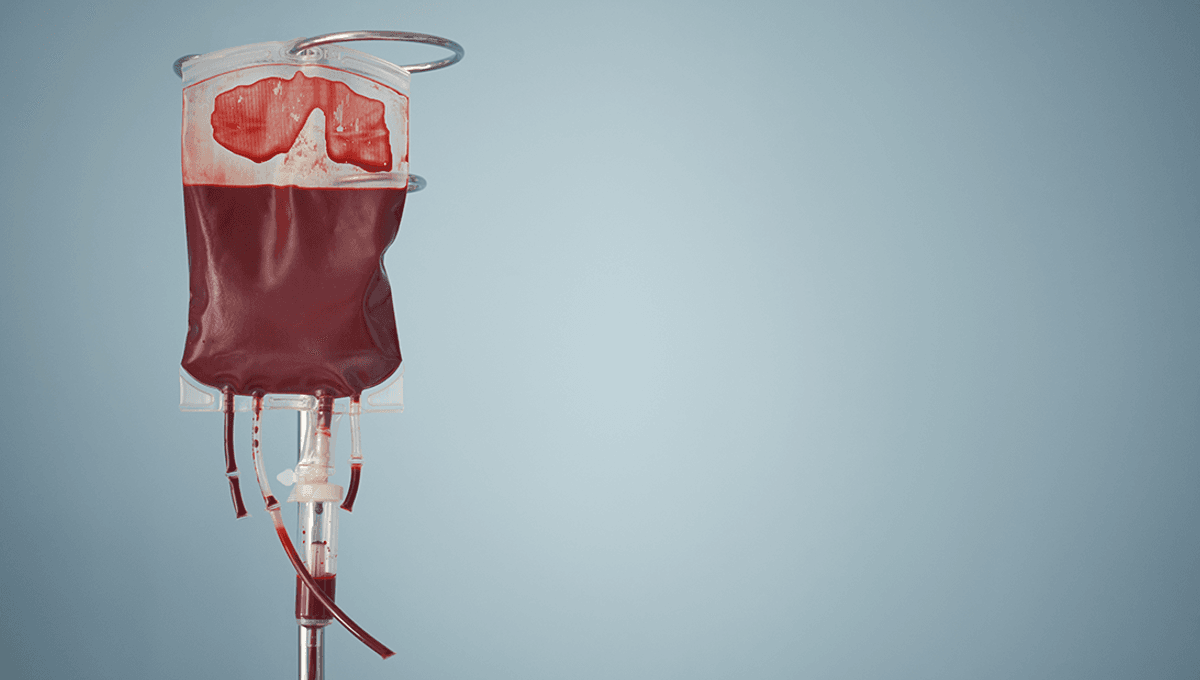
At some point in your life you have probably learned your blood type, before forgetting it and guessing the most-common blood group (O). But even if you know your blood type, in very rare cases it can change.
Sometimes, the change can be temporary. People with rare blood types may receive blood transfusions from a donor with O-negative blood, sometimes referred to as the “universal donor” type of blood.
“An AB patient may receive enough O blood units during a transfusion that nearly all of their red cells type as group O,” Our Blood Institute explains. “Within a few months, the patient’s bone marrow should naturally replace the transfused blood with his or her original blood type.”
This brings us neatly to bone marrow transplants. Red blood cells are made in your bone marrow, and if you receive a bone marrow transplant from a donor of a different type, your own blood type will change. This, of course, has practical implications for your medical care.
“If you received stem cells from a donor, your donor may have a different blood type than yours,” Michigan Medicine explains. “A blood bank technician will provide you with a blood ID card with your current blood type and donor’s blood type. To assess changing of blood type, we will do frequent blood-type tests during your stay. This will help you to prepare for future transfusions. It will take approximately one year for your blood type to convert.”
It is also possible, though rarer, to temporarily appear to have a different blood type as the result of a bacterial infection. Known as the “acquired B phenomenon”, it only affects people with blood type A, and usually in patients with sepsis, colon cancer, or bowel obstruction.
“The acquired B antigen is a special situation that occurs when a group A patient during an episode of infection when certain gram-negative bacteria secrete enzymes that can modify the A antigen on the RBC surface, which is N-acetyl-D-galactosamine to D-galactosamine that resembles D-galactose (the B antigen) and will cross-react with anti-B reagents,” a review of typing discrepancies explains. “This phenomenon will resolve once the patient recovers.”
So while most of you will have the same blood type for your whole life, it’s possible, in certain circumstances, for your blood type to change. Fortunately, your blood type can quickly be determined by a simple blood test.
All “explainer” articles are confirmed by fact checkers to be correct at time of publishing. Text, images, and links may be edited, removed, or added to at a later date to keep information current.
The content of this article is not intended to be a substitute for professional medical advice, diagnosis, or treatment. Always seek the advice of qualified health providers with questions you may have regarding medical conditions.
Source Link: In Certain Rare Circumstances Your Blood Type Can Change